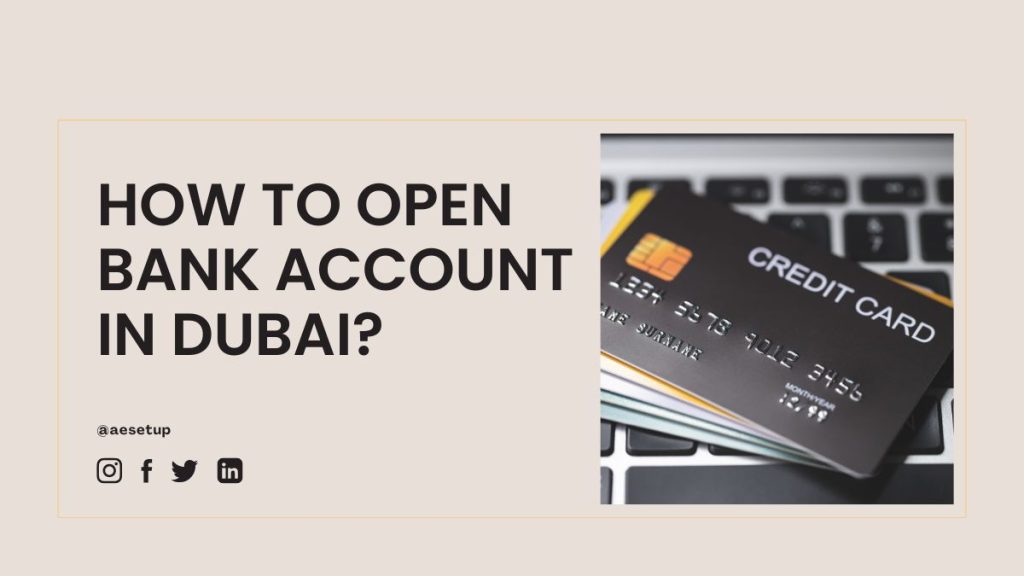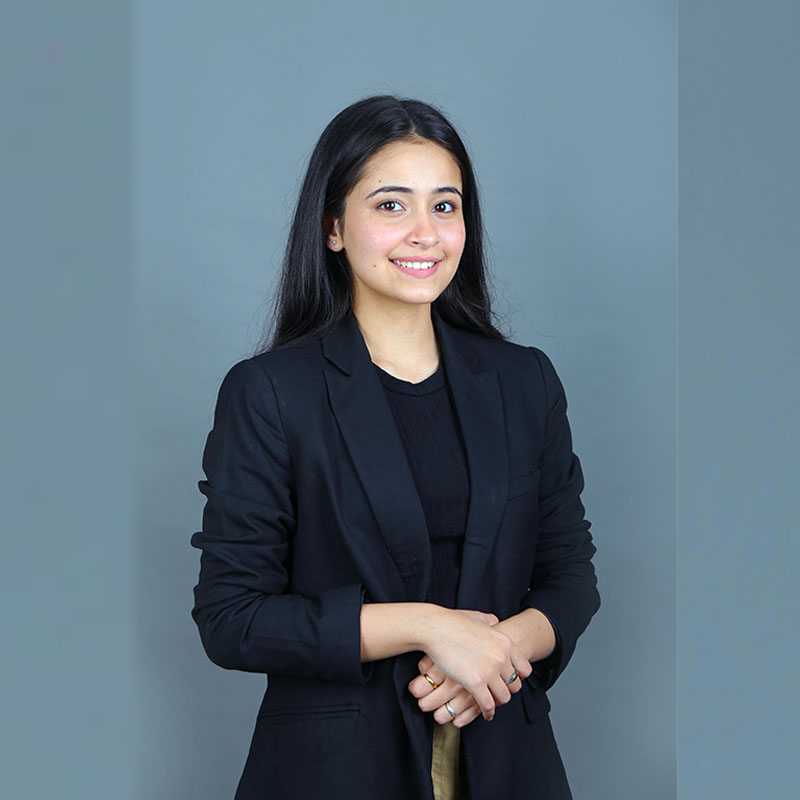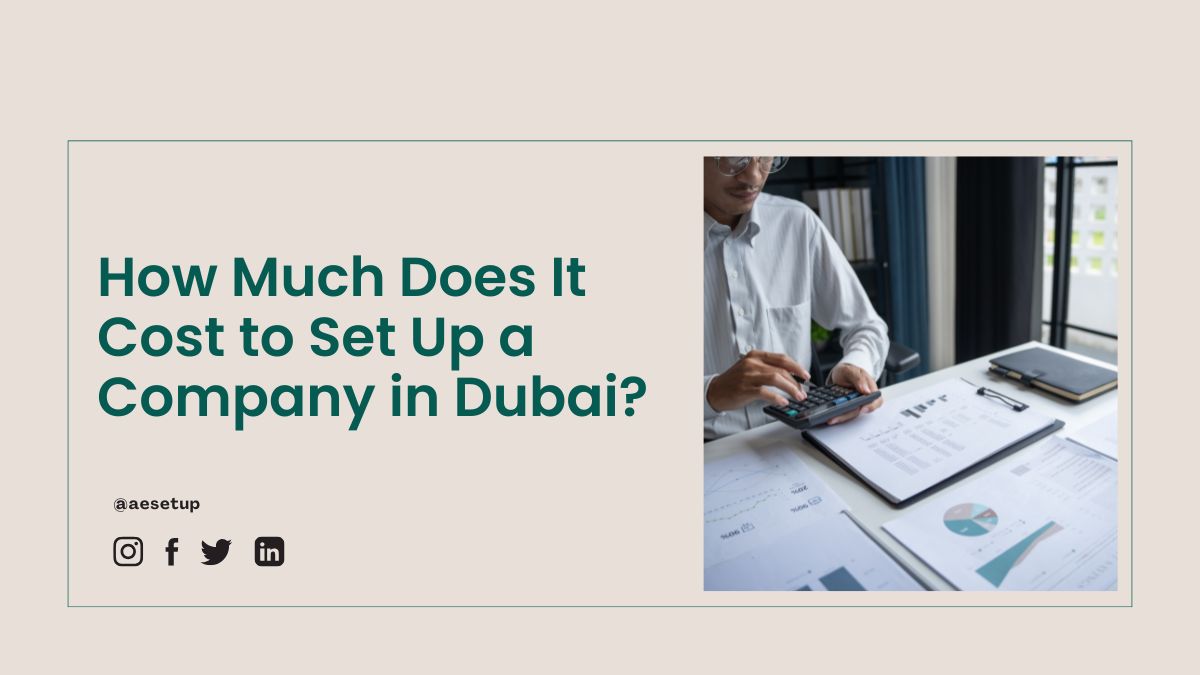Dubai is not just known for its skyscrapers and luxury lifestyle – it’s also one of the world’s fastest-growing financial hubs. In fact, as of March 2025, Dubai ranks 12th in the Global Financial Centres Index, making it a top choice for investors and businesses around the world. Opening a bank account in Dubai offers many benefits, whether you’re a resident, non-resident, business owner, or investor. For residents, it makes managing everyday finances, like salaries and bills, easy, while also helping to build credit for future loans or credit cards. Non-residents can enjoy Dubai’s secure banking system, multi-currency options, and tax-free benefits.
Business owners can simplify transactions, pay employees, and access business loans, while investors can manage their wealth and investments in a stable financial environment. Dubai’s banking system is secure, private, and provides access to various financial opportunities, making it an essential step for anyone living or doing business in the city.
Types of Bank Accounts in Dubai
Dubai offers a wide range of banking options to meet the needs of both individuals and businesses. Here’s an overview of the most common types of bank accounts available in Dubai:
1. Current Accounts
A current account is designed for daily transactions. It’s ideal for managing your finances and making frequent deposits and withdrawals. These accounts typically offer features like online banking, chequebooks, and debit cards.
2. Fixed Deposit Accounts
Also known as time deposit accounts, these allow you to deposit a lump sum for a fixed tenure, ranging from one month to several years. In return, you earn a higher interest rate compared to regular savings accounts. These accounts are ideal for individuals looking to earn passive income on their savings.
3. Joint Accounts
Joint accounts are typically opened by two or more individuals who wish to share their finances. It’s useful for couples, business partners, or family members who want to manage shared expenses or savings together.
4. Savings Accounts
Designed for individuals who wish to save money while earning interest, savings accounts offer a secure place to store funds. They may come with features such as passbooks, online banking, and the ability to set up standing orders. Some banks offer higher interest rates for longer-term deposits.
5. Corporate Accounts
A corporate bank account in Dubai is specifically designed for businesses to facilitate the management of company finances. They come with features tailored to business needs, such as payroll services, merchant services, and the ability to handle multiple currencies. Opening a corporate account typically requires a valid trade license and other business-related documents.
6. Offshore Business Accounts
These are accounts that businesses open in offshore banks, offering additional privacy, tax advantages, and the ability to manage funds globally. Offshore accounts are mainly suitable for international companies that want to operate in the UAE without setting up a physical office.
7. Islamic Bank Accounts (Sharia-Compliant Accounts)
Islamic banks in Dubai offer Sharia-compliant accounts, which follow Islamic law (Sharia). These accounts avoid interest-based transactions and instead focus on profit-sharing principles. Popular Islamic banks in Dubai include Dubai Islamic Bank and Abu Dhabi Islamic Bank.
Top Banks in Dubai, UAE
Here’s a list of some of the most prominent banks in Dubai, UAE, known for their comprehensive services and strong market presence:
1. Emirates NBD
Dubai’s largest bank by assets, offering a wide range of services including retail, corporate, and Islamic banking.
2. Dubai Islamic Bank (DIB)
The UAE’s first Islamic bank, specialising in Sharia-compliant financial products and services.
3. Mashreq Bank
One of the oldest private banks in the UAE, known for its innovative digital banking solutions.
4. First Abu Dhabi Bank (FAB)
The largest bank in the UAE by market capitalisation, offering comprehensive banking services.
5. Abu Dhabi Commercial Bank (ADCB)
A leading bank providing a wide range of personal and business banking services.
6. RAKBANK (National Bank of Ras Al Khaimah)
Offers a variety of banking products, including personal loans, credit cards, and business banking services.
7. HSBC UAE
A global bank providing a range of services from personal banking to corporate solutions.
8. Standard Chartered Bank
Offers both conventional and Islamic banking services, with a strong presence in the UAE.
9. Emirates Islamic Bank
A subsidiary of Emirates NBD, focusing on Sharia-compliant banking products and services.
10. Abu Dhabi Islamic Bank (ADIB)
Provides a wide range of Sharia-compliant banking products and services.
These banks offer a variety of services to cater to the diverse needs of residents, non-residents, business owners, entrepreneurs, and investors in Dubai.
What are the Documents Required to Open a Bank Account in Dubai?
Opening a bank account in Dubai is a straightforward process, but it requires submitting certain documents to verify your identity and financial status. The specific documents needed may vary slightly depending on the type of account (personal, business, or joint), but here’s a general list of the required documents:
For UAE Residents
If you’re a UAE resident, the process is straightforward. Generally, you’ll need:
- A copy of your passport.
- A copy of your Emirates ID.
- A copy of your valid UAE residency visa.
- A recent utility bill (e.g., electricity or water bill) or a tenancy contract.
- Recent bank statements from your home country or elsewhere, typically covering the last 3–6 months.
- A reference letter from your current bank, if applicable.
- A salary certificate or employment contract, especially if you’re applying for a salary account.
Keep in mind that some banks may require an initial deposit to open the account.
For Business Owners
To open a business bank account in Dubai, you’ll generally need to provide the following documents:
- A valid trade license issued by DED.
- Memorandum of Association (MOA).
- A valid tenancy contract or Ejari certificate.
- Proof of the company’s legal establishment (Certificate of Incorporation).
- Passports, Emirates IDS, and residency visas of shareholders (if applicable).
For Non-Residents
Opening a bank account in Dubai as a non-resident is possible but may involve additional steps and documentation:
- A copy of your passport.
- A utility bill or bank statement from your home country, typically dated within the last 3 months.
- Visa or Residency Status (While not always mandatory, some banks may require information about your visa status or intent to reside in the UAE).
- Recent bank statements or payslips.
- Purpose of account.
Please note that non-resident accounts often come with restrictions, such as limited online banking features or higher minimum balance requirements.
How to Open a Bank Account in Dubai, UAE?
Opening a bank account in Dubai is a structured process that varies based on your residency status and the type of account you wish to open.
To open a bank account in the UAE, follow this process:
1. Choose the Right Type of Account
Decide whether you want to open a personal account, business account, or joint account. If you’re an individual, you’ll likely opt for a savings or current account. Business owners and investors usually require a corporate or business account.
2. Select a Suitable Bank
Research and compare various banks in Dubai to see which one meets your needs. Consider factors like:
- Minimum balance requirements
- Online banking features
- Branch accessibility
- Customer service
- Sharia-compliant (Islamic) or conventional banking
3. Gather Necessary Documents
Prepare the required documentation, which typically includes:
- Personal Accounts: Passport, UAE visa, Emirates ID, proof of address (e.g., utility bill), and a salary certificate or employment contract.
- Business Accounts: Trade license, certificate of incorporation, memorandum and articles of association, passport copies of shareholders, and proof of address.
4. Visit the Bank or Apply Online
Most banks in Dubai offer both in-branch services and online applications. For personal accounts, you can often apply online, while business bank accounts usually require a visit to the branch.
5. Submit the Application Form and Documents
Fill in the bank’s application form with accurate details. Submit it along with your documents either online or in person. The bank may conduct a short interview or ask for additional clarification if needed.
6. Wait for Approval
Once you’ve submitted your application, the bank will review your documents and perform background checks. This process can take anywhere from a few hours to a few days, depending on the bank and the type of account.
7. Activate Your Account
After approval, you’ll receive your:
- Account number
- Debit/ATM card
- Online banking credentials
You may need to make an initial deposit to activate the account, depending on bank requirements.
Opening a Bank Account in Dubai Free Zone
To open a bank account, your Free Zone company must first obtain a valid trade license from the respective Free Zone Authority. This license serves as proof of your business’s legitimacy and is a prerequisite for account opening. Once licensed, you can approach banks that cater to Free Zone entities, such as Emirates NBD, First Abu Dhabi Bank (FAB), or HSBC.
The account opening process typically takes between 2 to 4 weeks, depending on the bank’s internal procedures and compliance checks.
Opening a bank account in a Free Zone not only facilitates smooth financial transactions but also enhances your company’s credibility and operational efficiency in the region. It enables seamless international trade, efficient cash flow management, and access to a range of banking services tailored to support your business growth in Dubai’s dynamic market.
Why Open a Bank Account in Dubai?
Opening a bank account in Dubai offers many benefits, making it a strategic move for residents, non-residents, business owners, entrepreneurs, and investors. Here’s why:
1. Access to a Stable and Secure Banking System
Dubai’s banking sector is well-regulated and backed by strong monetary policies from the UAE Central Bank. It offers a high level of financial security, data privacy, and consumer protection, making it a trusted hub for local and international banking.
2. Smooth Salary and Income Management
For residents and employees, a local bank account is essential to receive salaries, pay bills, and manage everyday expenses. Many employers in Dubai require a local account for salary transfers through the Wages Protection System (WPS).
3. Ease of Doing Business
If you’re an entrepreneur or investor, opening a business account is key to managing your operational finances, receiving payments, paying vendors, and building financial credibility in the region.
4. Convenient Online and Mobile Banking
Dubai’s banks are known for their tech-savvy services. You get 24/7 access to your account through mobile apps and online banking platforms, allowing for seamless local and global transactions.
5. Tax Benefits and No Currency Restrictions
Dubai offers a tax-friendly environment with no personal income tax and no currency control regulations, making it attractive for individuals and companies moving large amounts of capital internationally.
6. Supports Residency and Visa Applications
In many cases, especially for business owners or investors applying for UAE residency or a Golden Visa, having an active bank account is a necessary requirement.
Get Expert Help to Open Your Bank Account in Dubai
Opening a bank account in Dubai offers many benefits, whether you’re living, working, or doing business in the UAE. From easy access to banking services and international transactions to financial security and tax advantages, having a local bank account is essential. However, the process can be tricky, especially for non-residents, business owners, and investors who are new to the UAE. That’s where expert help comes in.
At AE Setup, we make the process simple and stress-free. We assist with everything, from selecting the right bank to handling the paperwork and ensuring your account is set up quickly. Contact us today for a hassle-free experience in opening your bank account in Dubai.
Frequently Asked Questions
1. Can a non-resident open a bank account in the UAE?
Yes, non-residents can open a bank account in the UAE. However, the process can be complex and varies by bank. Some banks may require a visit to the UAE, while others might allow remote account opening. It’s important to research and select a bank that suits your needs and meets the necessary criteria.
2. Which bank is best for expats in Dubai?
Several banks cater well to expatriates in Dubai. Emirates NBD, Dubai Islamic Bank, and First Abu Dhabi Bank are popular choices due to their comprehensive services, multilingual support, and user-friendly digital banking platforms. It’s recommended to compare their offerings to find the best fit for your needs.
3. Can freelancers open a bank account in Dubai?
Yes, freelancers can open a bank account in Dubai. Having a freelance permit or license is typically required. Banks may also request proof of income and other documentation.
4. Are there any fees associated with opening a bank account in Dubai?
Opening a bank account in Dubai is generally free. However, banks may charge fees for account maintenance, ATM withdrawals, or if the minimum balance requirement is not maintained. It’s important to review the bank’s fee structure before opening an account.
















